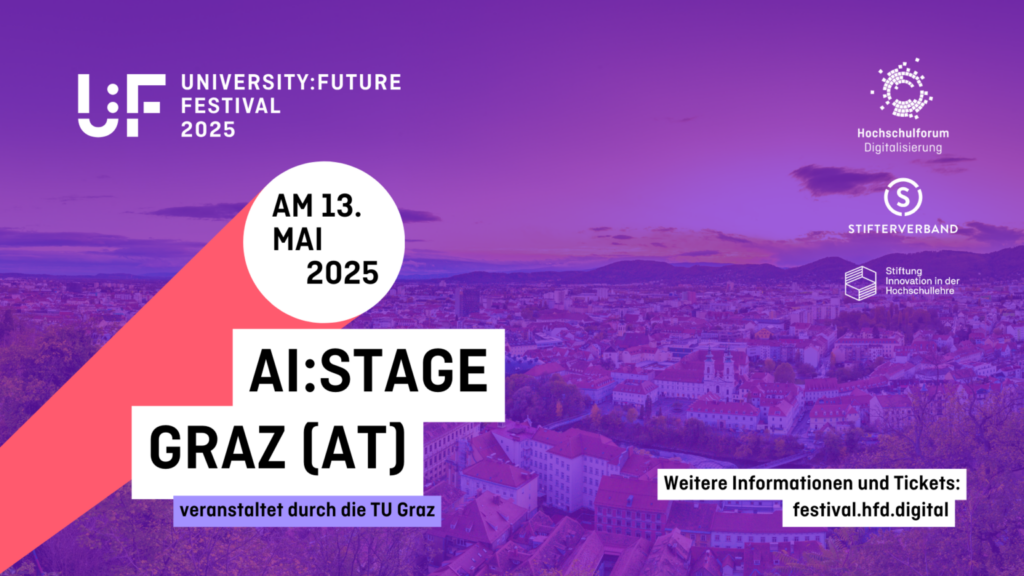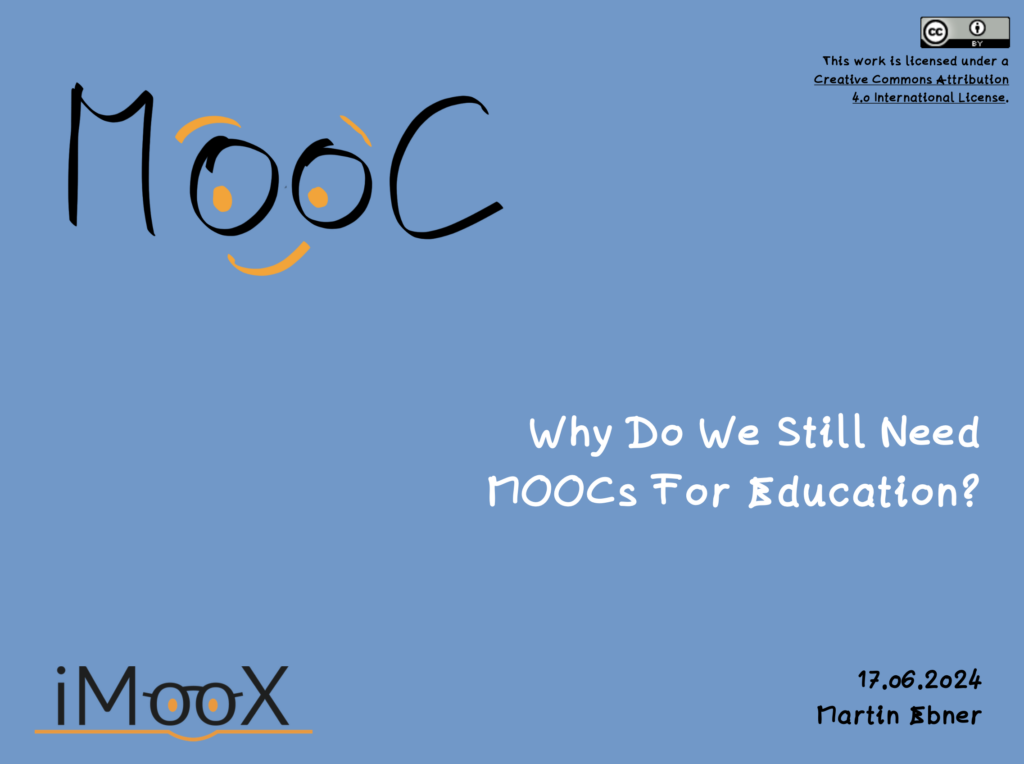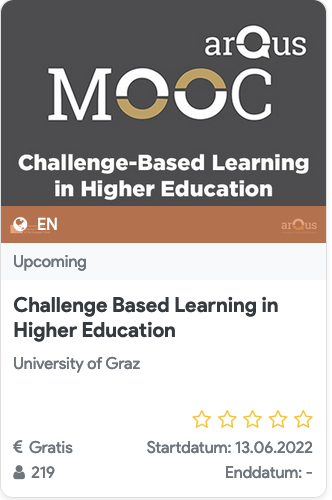Our contribution to this year WEBIST conference about „Social Media Usage at Universities – How should it be done?“ is now online available.
Abstract:
The social media hype these days is omnipresent, encouraging even public institutions to participate. This study seeks to reveal, which factors have to be kept in mind, when doing social media work at universities. It also is an attempt to provide a list of recommendations and possible fields of action to ensure an efficient presence in social web. Therefore we analyzed the present situation of university efforts and evaluated the success by measuring user engagement concerning different aspects of social media activities (e.g. content, publishing time, frequency of activities, existence of visual elements, additional links, etc.) The study shows, that it seems less important how many times a week a university is publishing, or how long the text messages are in detail, but that there is a significant relationship between the contents of a post, the time of its publishing and the used elements, pointing out that users actively perceive and interact with social media activities that encourage contact between both: the profile-owner with the community and the community amongst itself – especially if made in a personal, emotional or funny way, offering people ways to identify with the institution and to connect with it through well-known habits and traditions.
Reference: Frey, J.-C.; Ebner, M.; Schön, M., Taraghi, B. (2013) Social Media Usage at Universities – How should it Be Done?. Proceedings of the 9th International Conference on Web Information Systems and Technologies (WEBIST) 2013, SciTePress 2013, Karl-Heinz Krempels, Alexander Stocker (Eds.), pp. 608-616, ISBN 978-989-8565-54-9, Aachen, Germany, 8 – 10 May, 2013





